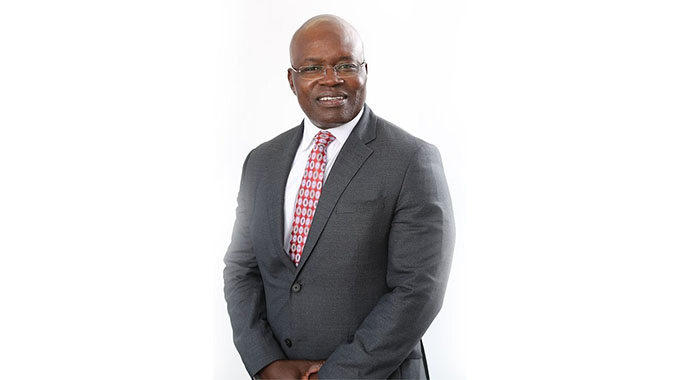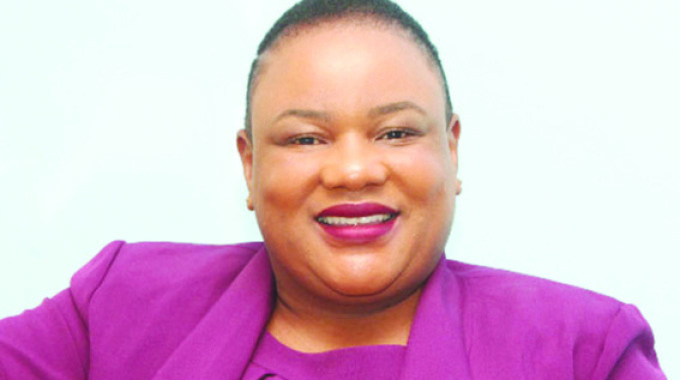US lacks moral authority to lecture Zim

Ranga Mataire-Group Political Editor
On Monday April 13, 2022, the US embassy in Harare posted a thread on its Twitter handle titled “2021 Human Rights Report.”
The thread’s target was Zimbabwe.
“The US has released its 2021 Human Rights Report, which highlights various human rights cases pending justice for these victims and gives closure to their loved ones,” reads part of the thread.
The whole thread chastised Zimbabwe for alleged human rights transgressions.
Curiously, the cited examples were of opposition figures, except one Douglas Munatsi, who died in an inferno at his penthouse in the Avenues area of Harare.
Ordinarily, Zimbabweans would not have a problem with one country raising issues of concern on matters needing further investigations.
However, judging by the responses to the thread, most Zimbabweans were not amused by the condescending attitude exhibited in the tweets.
One Idi Maunde Chiunduro could not stomach the pretentious moral uprightness of the embassy, saying:
“You are too morally rotten to lecture anyone about human rights. You are the worst perpetrators of human rights violations in Syria, Libya, Sudan, Afghanistan, Yemen . . . please spare us your stinking hypocrisy.”
Another twimbo, Jones Musara, responded by reminding the US about sanctions imposed on Zimbabwe, saying: “Remove sanctions if you are about human rights.
“Your sanctions are the biggest violators of the rights of Zimbabweans.”
It appears most Zimbabweans do not agree with America’s attitude of presenting itself as the paragon of virtue in as far as democracy and human rights issues are concerned.
And no one can blame them given the not so good global record of the US.
Imagine a country that withdraws from the United Nations Human Rights Council and refuses to co-operate with UN investigators on widespread human rights abuses having the temerity to play some kind of political god.
Even its own institutions have accused the Government of committing some human rights abuse at home, front and abroad.
A Brown University study puts the blame on the US government for the deaths of roughly 500 000 people in Iraq, Afghanistan and Pakistan.
The study says the people lost their lives in the course of these three conflicts in the post September 11 wars.
These included combatant and civilian deaths in fighting, violence and drone wars.
The report further cites America’s complicit in creating a harmful global order by being a dominant supplier of weapons in the Middle East.
Not only that, a UN rapporteur on extreme poverty and human rights issued a damning report after the US government refused to co-operate in 2019.
Unlike the US, Zimbabwe has readily co-operated with successive UN rapporteurs, an indicator of its transparency and willingness to remedy any existing challenges.
Is it not comical that successive American governments see domestic human rights abuses as an internal matter, but impose sanctions on other nations on similar issues?
While the US is keen on producing what it calls country reports on the human rights situation, it refuses scrutiny from legitimate international bodies.
So ironic that while the country harps about the so-called human rights abuses in Zimbabwe, it is the only UN member state yet to be part of the Convention on the Rights of the Child (UNCRC) as it is still to ratify it.
Despite its ostensible position as an international human rights champion, the US failed to ratify crucial human rights documents such as the Convention on the Elimination of All Forms of Discrimination against Women (CEDAW), the Rights of the Child (CRC), the Convention on the Rights of Persons with Disabilities (CRPD) and the American Convention on Human Rights.
Its claim of being a flag holder of democracy in the world falls flat when one considers that it is classified as having a “flawed democracy.”
According to the Economist Intelligence Units on Democracy, the US does not qualify in the top 20 countries because of its “flawed democracy.”
The US needs to take a good look at itself and abandon its worst impulses of meddling in the internal affairs of other nations and instigating regime change.
The release of the damning human rights report on Zimbabwe must be viewed within the context of the US’ perennial quest of wanting to be the world’s policeman and yet fails to deal with its own domestic frailties.
The country lacks the wisdom of introspection, which makes it plod on even when it is clearly off the railings.
What is lacking in the report is the story of how the superpower has contributed to global injustices, either directly or indirectly.
Ahead of the 2023 harmonised elections, no one is blind to the covert operations at play that are meant to prop up waning opposition political fortunes.
No one is indeed blind to the fact that the report is not about protection of humanity, but a carrot and stick strategy meant to reward those that toe the line and arm twist those that decide to chart their own destiny without undue influence.
It is every African’s hope that the UN itself avoids stereotypes that the West condescendingly holds against other societies, which are usually far removed from the situation on the ground.
There is a world of difference between framing an issue as fault-finding on one hand, and a fact-finding mission on the other.
The former seeks wrongs and weaknesses, while the later searches for facts and confirmation.
In the final analysis, the US must stop its fake moralising crusade and blackmailing reticent nations because its own human rights record is deplorable.
The US lacks the moral authority to lecture anyone on human rights.
The Second Republic in Zimbabwe is geared to improve and deepen the democratic culture in the country not because America says so but because it is good for its people.
No amount of skulduggery or blackmailing will deter its democratic crusade through the implementation of a raft of reforms.








Comments